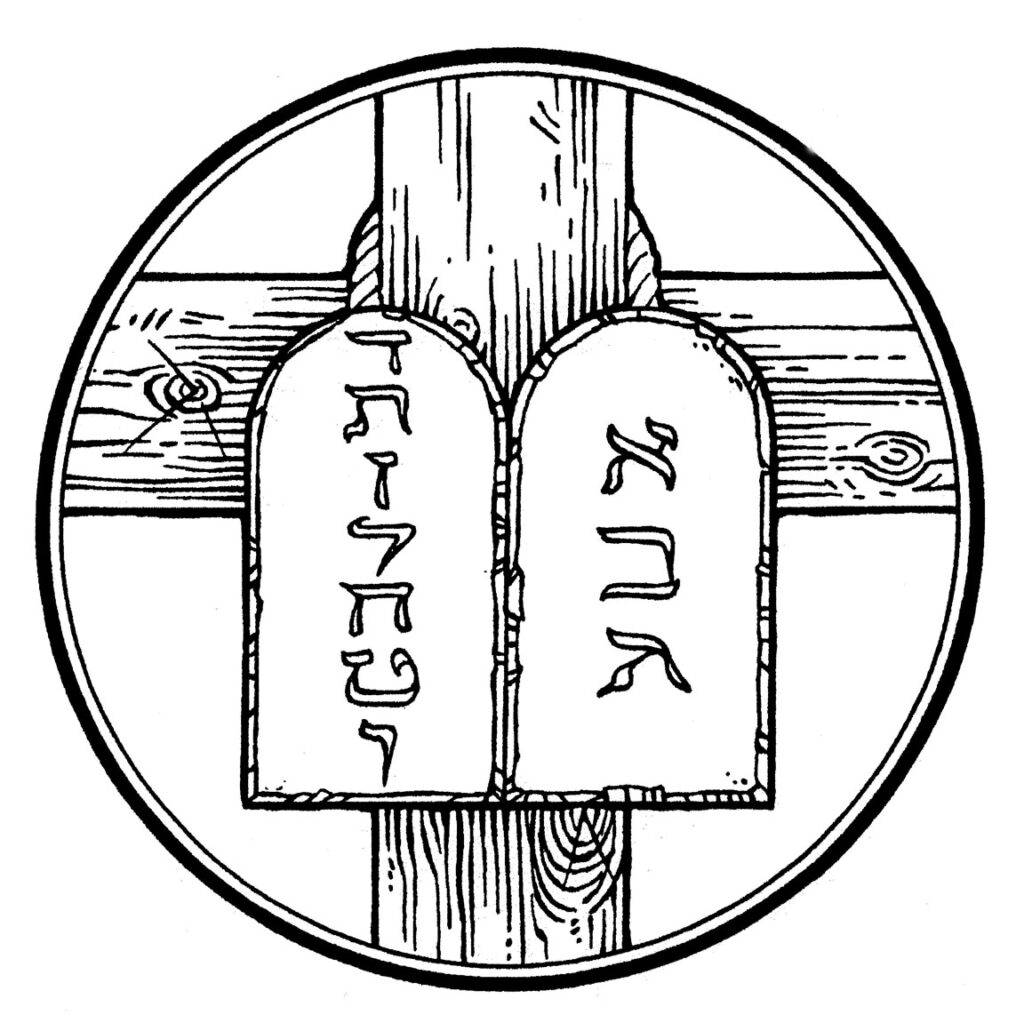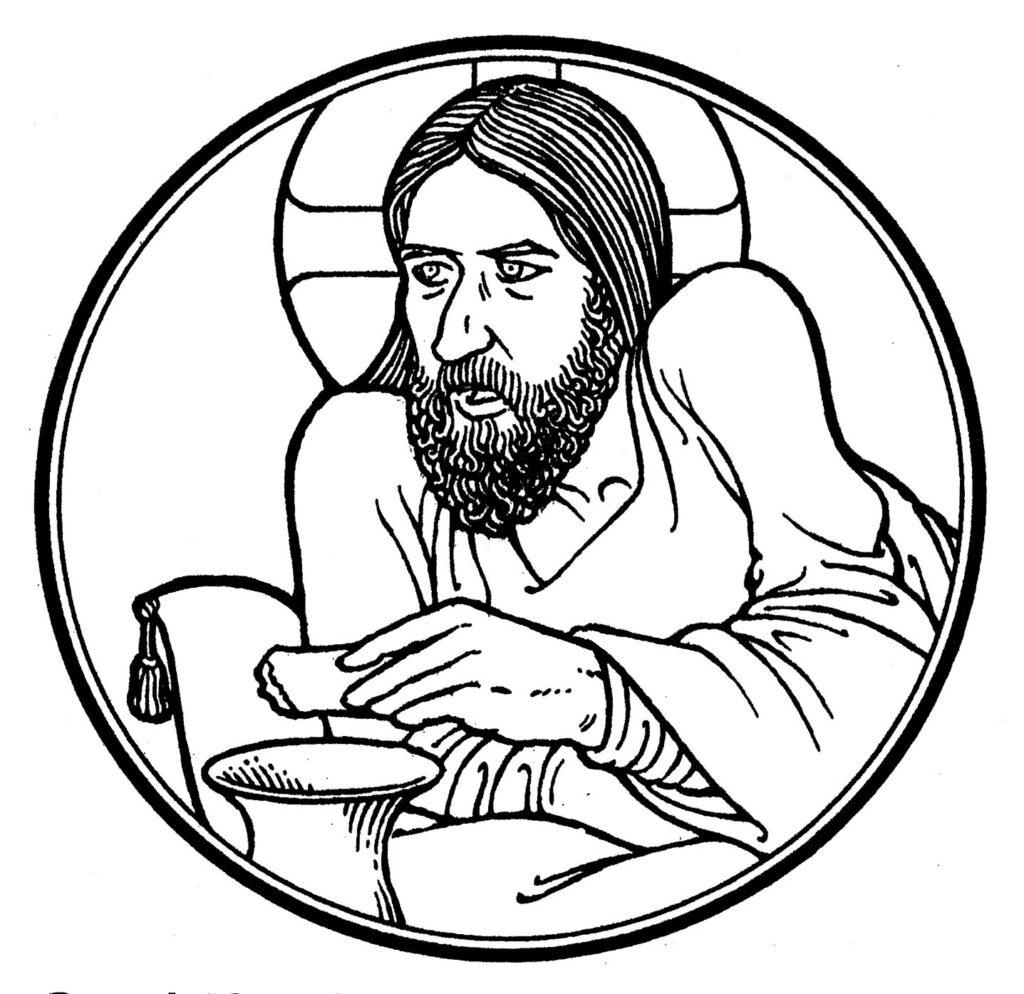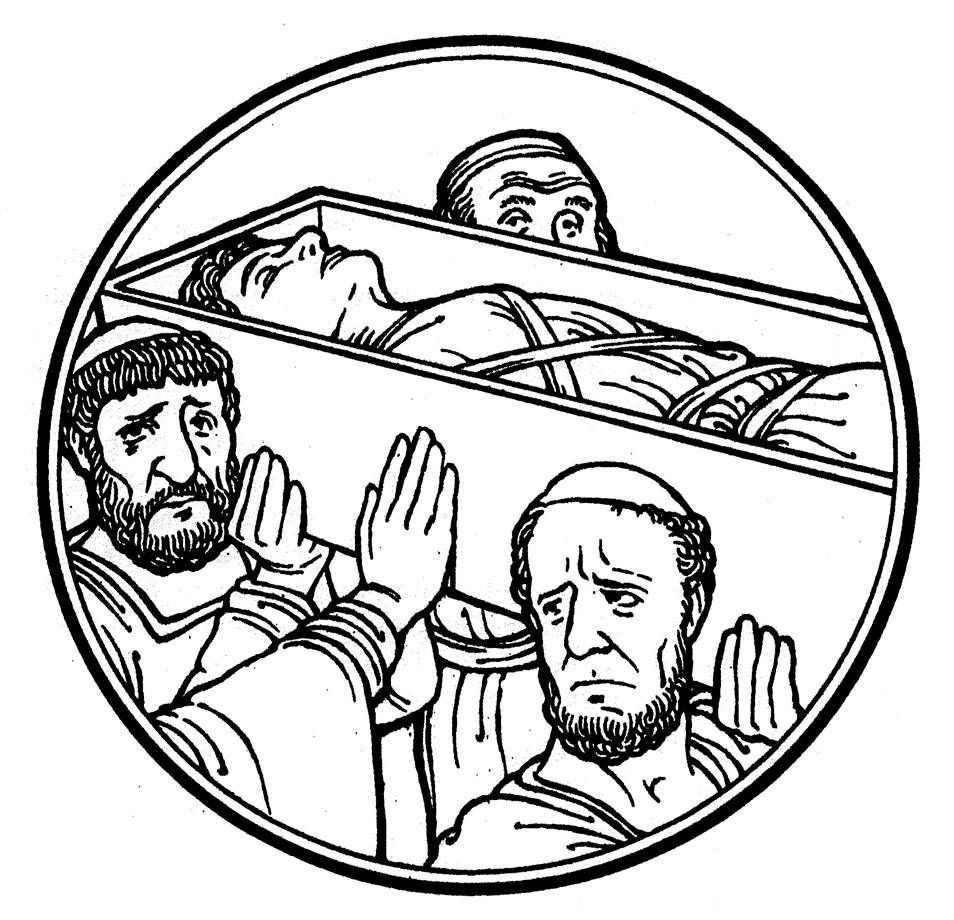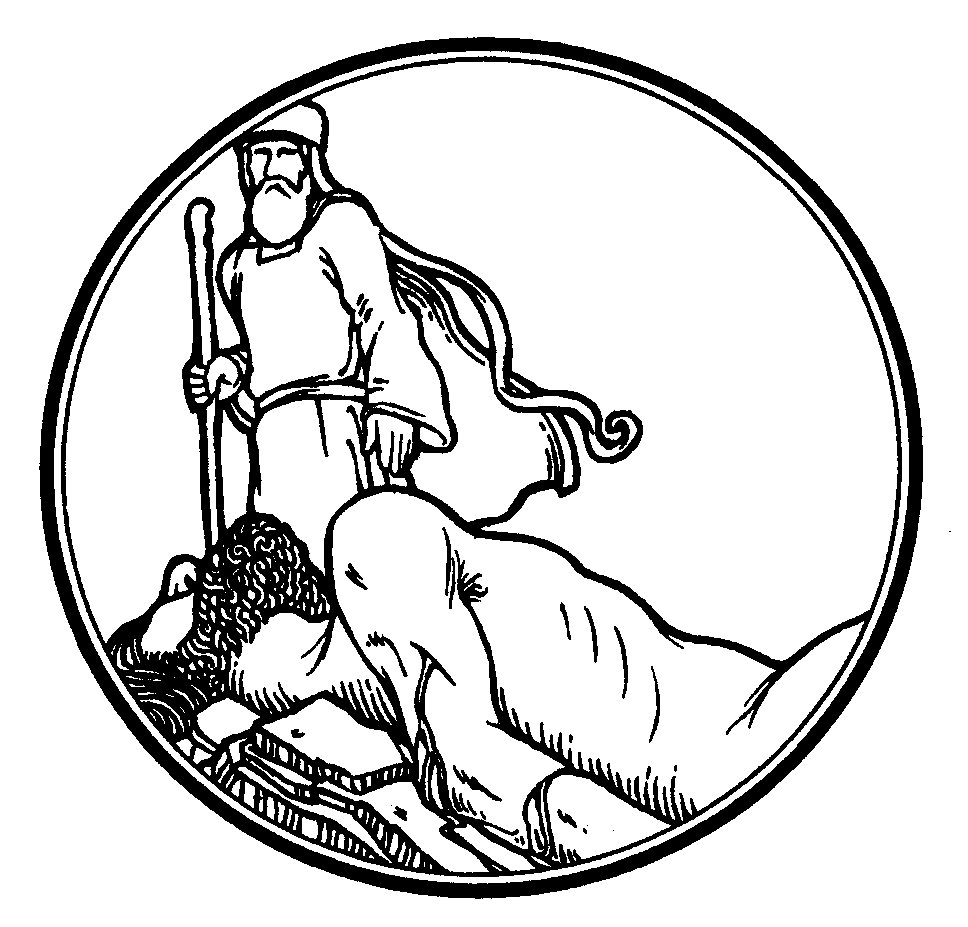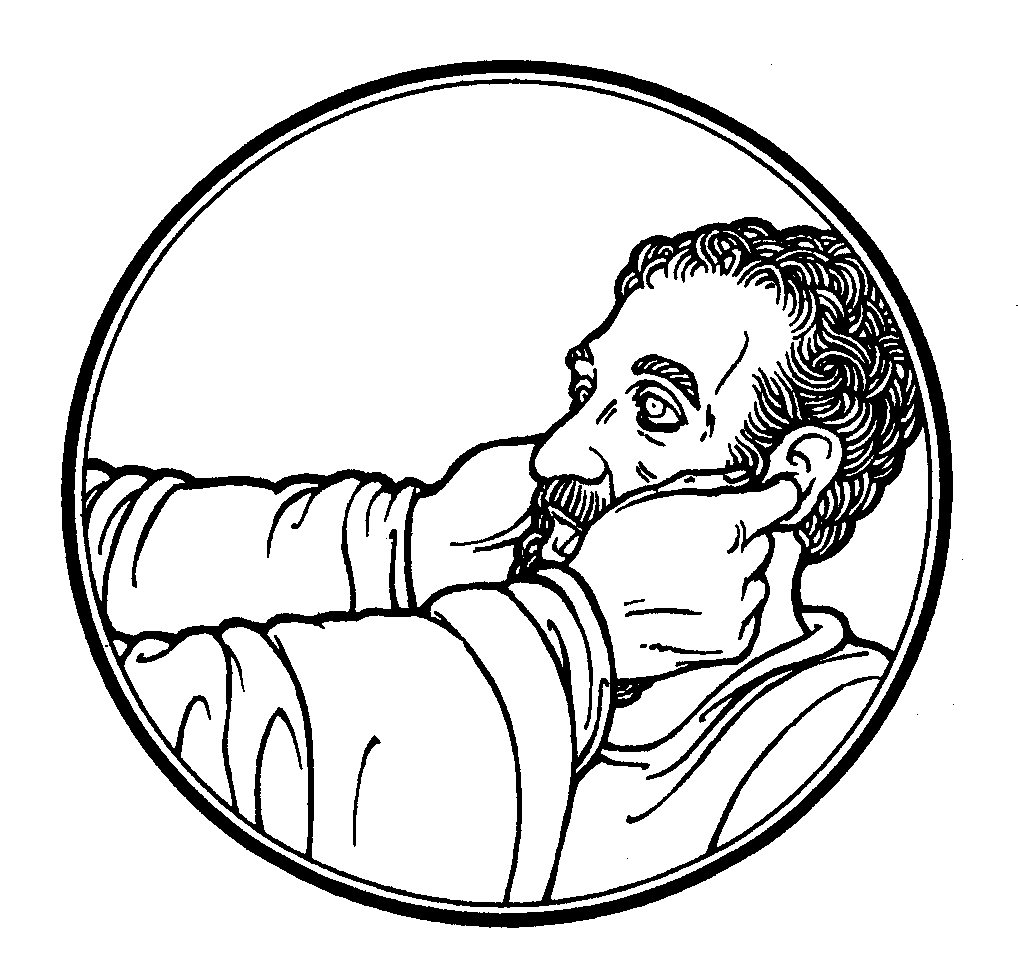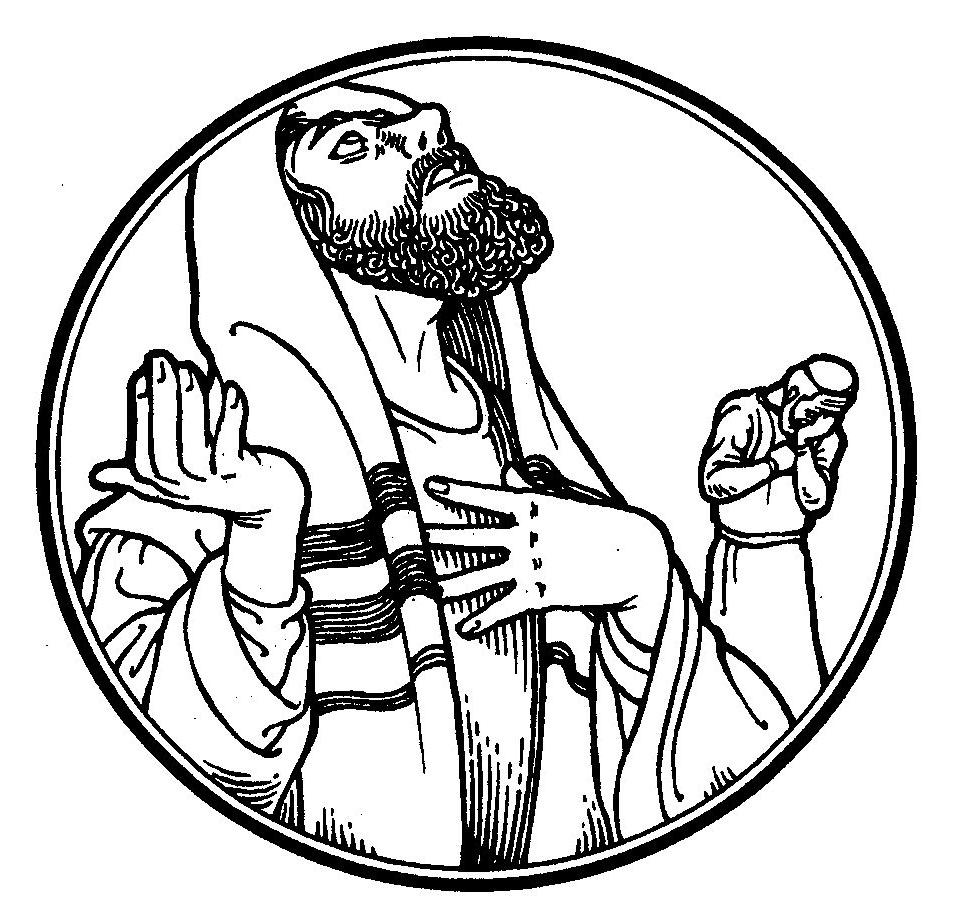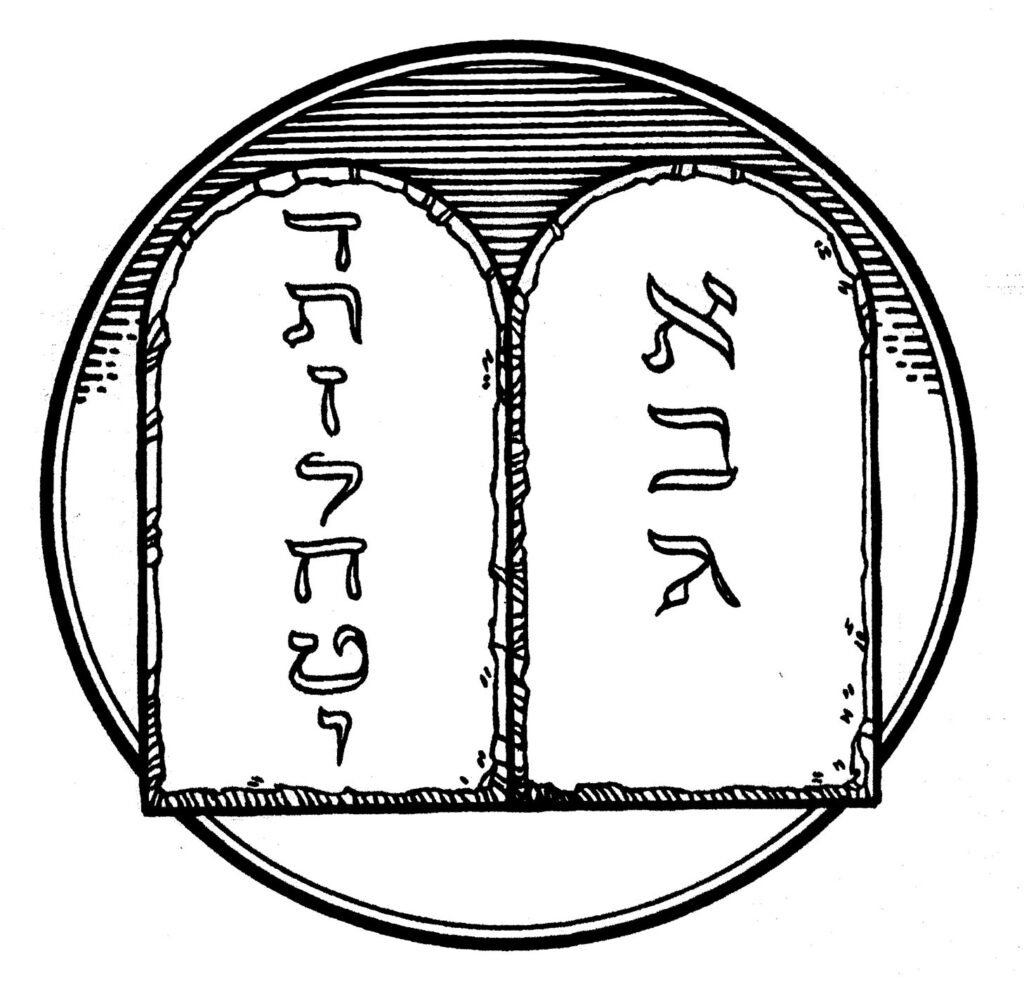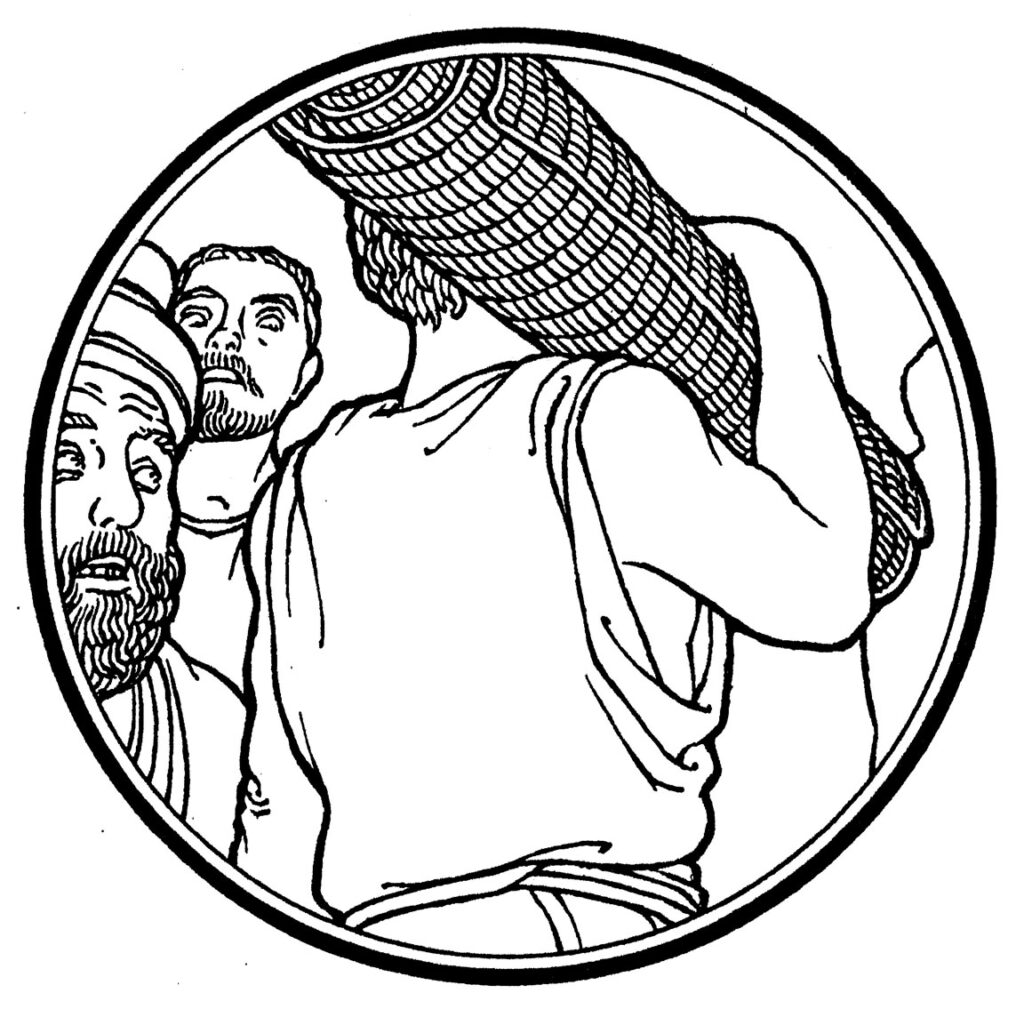
In the Gospel text today, Jesus heals a man who was paralyzed, but even more than that: He first forgave the man his sins. So, which was the greater or should I say, which was the more important gift? The forgiveness of sins.
The Scribes recognized that it was a big deal that Jesus said that He forgave the man His sins. “Blasphemy” they thought. Nobody can forgive sins, but God alone. Jesus, being God in the flesh, knew their thoughts and called them out. It is easy enough to say the words: “your sins are forgiven you” but not actually have the authority or power to forgive sins, so the healing that Jesus performed actually backed up the power and authority that Jesus had to forgive sins of those brought to Him with faith. So, Jesus forgave the man, raised him from his paralyzed and helpless condition and the man gathered his bed and walked home.
One of the objections that people outside our confession have to what we as Lutheran do, is this: forgiving sins. Not just the “I forgive you for sinning against me” that every person can and should do, but specifically how we begin the Divine Service. The confessing sins to the pastor whether it be here altogether in a corporate way, that is, as it is said together, or to confess one’s sins to the pastor in private the pastor then speaking Absolution (that is forgiveness in the stead of Christ) is very strange to many in other church bodies. Many people react to this like, “wait, how can a man forgive sins? Why do you have this thing that you go through where a pastor says specifically “I forgive you your sins”? “Is that man making himself like God?” “Can’t only God forgive sins?” Well, that’s right that only God can ultimately save us and forgive sins against God and our neighbor. Does that mean that a pastor who says these words is putting Himself equal to God or placing himself in the place of God? Is a pastor telling people that he has power to forgive and not forgive as though he were God? Is the pastor doing this by his own authority?” That there is the key. Is a Pastor forgiving by his own authority or is he proclaiming it by an authority higher than himself? Any pastor who thinks that he is equal to God or Christ Jesus, or who thinks that he can just forgive sins or not forgiven sins, whenever, however, and to whomever based on his own whims or feelings, is of course, wrong. But what goes on in the absolution is not by my authority. I, Aaron Kangas, am nothing. It is the authority given to me to pronounce and announce this absolution to repentant sinners by God through Jesus Christ, as Jesus said to the Apostles on the night of His resurrection: “He breathed on them and said to them, ‘Receive the Holy Spirit. If you forgive the sins of any, they are forgiven them; if you withhold forgiveness from any, it is withheld’.”
A pastor is the Lutheran church Missouri Synod does not take on this responsibility or office on his own. He is not to assume the office of his own choosing. He doesn’t just start preaching or forgiving sins, because of his authority, because he has a gift of gab or because he knows Scripture. At least that should not be the case, and mistakes still happen, bad men get into office, and godly men may fall into temptation and fall from that position or simply burn out.
But we believe and confess that God calls and brings men into the office of pastor. He uses what we call a “mediate call”. Mediate means that God uses means He uses others to bring this about. Another pastor may see that a particular man has talent, ability, a faith and might want to consider the possibility and so he suggests and may encourage that man to pray about it. Then if he does follow to see what is God’s will, he must be interviewed at the seminary from the beginning and throughout his studies and then finally before he graduates. Then God uses what we term the “calling process” which involves many people, District Presidents, committees, etc. as you know. But by prayer, ultimately God uses a congregation to call a man who has been approved to serve them, and is then ordained and installed, or just installed if he has already been ordained. But a pastor is subject not to the congregation first and foremost, but rather to God and His Word to serve them faithfully with that same Word and the gifts that God gives which bring with them God’s forgiveness of sins.
Why then does a pastor proclaim an “absolution”? Because just as the act of salvation has to come from outside humanity’s dead in sin condition, faith and forgiveness must also come from outside of us. Faith is created by the Holy Spirit working through His Word and Sacraments which proclaim and deliver the benefits of Christ’s sacrifice and victory over sin to those infected, infested and paralyzed in the bondage of sin. This action of God to us from the outside or objective reality, to us personally or subjective is powerful stuff because it reminds us that the assurance of God’s love is not based on the quality of our obedience, the “sincerity” or constancy of our emotions, or whether or not things are “going well”. Living with our fallen flesh, in a sin-plagued world, we need this outside assurance and proclamation of a hope and promise bigger than ourselves.
However, the Devil works quite often by drawing people into themselves looking for assurance from within ourselves. He uses our tendency to pride: pride in our works, our desires, our own thoughts of righteousness…convincing us that we don’t need God or the church or to hear the forgiveness of sins. Or he will plant doubt and insecurity into people if they internalize their salvation and confuse the Law and doubt the Gospel. “I am a sinner. How can God love me? Can this sin truly be forgiven? I believe, I think, but how can I know this forgiveness is from God and for me?”
That is why God uses these objective (that is, outside of us) means. To draw us outside of ourselves. We are otherwise paralyzed, dead in our trespasses and cannot help ourselves. Without forgiveness, without God’s healing touch of His Word and sacraments coming from outside our own self to raise us from our sins, we will remain paralyzed in our sinful condition. That is why, much as the paralyzed man in the Gospel text needed to be brought to Jesus, and God used His friends, we needed somebody outside ourselves and God used that somebody else to bring us to Jesus. So we were brought to His Word in Holy Baptism, to His Word of forgiveness, where the Lord raised and healed us by in Christ Jesus. Our sins were placed upon Him crucified and raised to pay for our trespasses, and His righteousness placed upon us.
Throughout our lives, as we wrestle against our flesh, the devil, the world, and we fall into temptation, the Holy Spirit moves us to examine ourselves and repent anew and the Pastor from week to week speaks the absolution, Christ’s forgiveness of sins: “I forgive” “for you”, not by his own authority but as the mouthpiece of Jesus Christ by His authority, to assure repentant sinners, that God’s love and forgiveness is an objective unchangeable truth accomplished through Jesus Christ for the repentant believer in His death and resurrection. They don’t have to wonder “Am I forgiven? Do I feel forgiven? How can I know?”
That is why I as the pastor say, by the authority given to me, by Jesus Christ, forgive you your sins in the name of the Father, Son, and Holy Spirit. It is God’s forgiveness. In His name. The same name into which you were baptized and brought from unbelief into belief. From death to life. The same powerful name of the Trinity which brought you here to move you to see your sin, your need for His grace, and then gives it to you: In your ears in Absolution and preaching, over head in your baptism, to daily remember it, and into your mouth in the bread and wine with Christ’s true body and blood. All so that you can know that this forgiveness of sins is for you. That it is Real. This Word is Jesus speaking to you. You have been baptized, you have been repented, you are now forgiven in His name and by His authority. Both outside and in. All doubt: now flee away. Have confidence in that forgiveness of sins proclaimed not because of me as your pastor, but have confidence in the power and authority to whom I point: Jesus Christ crucified and raised for you.
Your sins are forgiven you. Receive His gifts. Arise! in Jesus Christ’s name. Walk by faith and confidence in Him by His Holy Spirit. As you have been brought to Jesus also be ready for God to use you “to bring” other people to Jesus: in your vocations as parents, grandparents, brothers, sisters, students, teachers, coworkers, whatever. Speak with confidence what God has done for you in Jesus Christ. Bring them here, to hear that Word. To be served by Christ through the ministrations of the pastor in baptism and absolution, and when they are ready and able to confess the holy things here offered, then also the Holy Supper of Christ’s victory. Through these truths God will keep you healthy in faith and confidence in Him, as He comes to you, to His church, until Christ comes again at the last to carry us to our eternal home to live Him in His joy, His righteousness and purity forever, in Jesus Christ’s name, Amen.
Pr. Aaron Kangas
